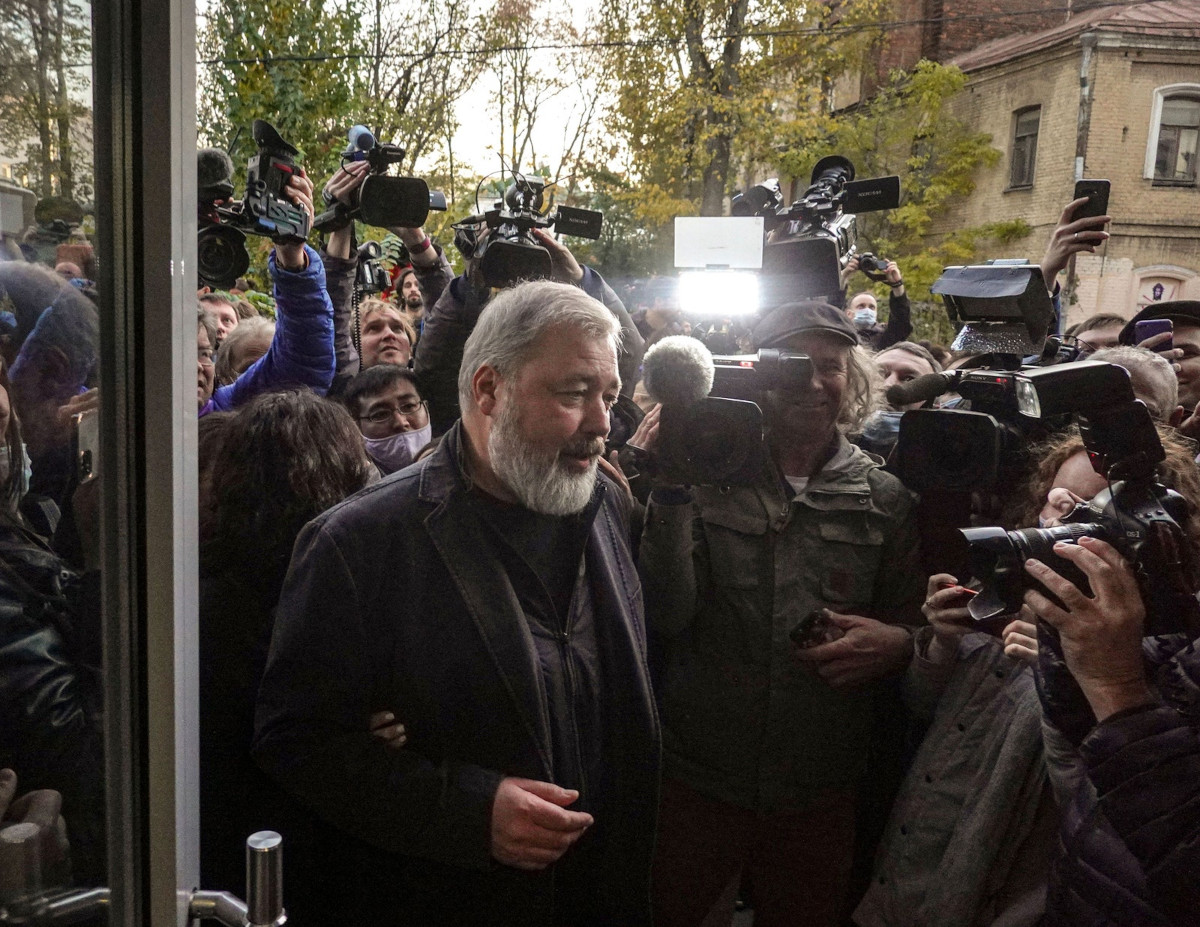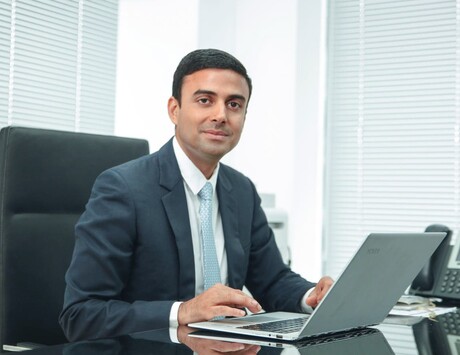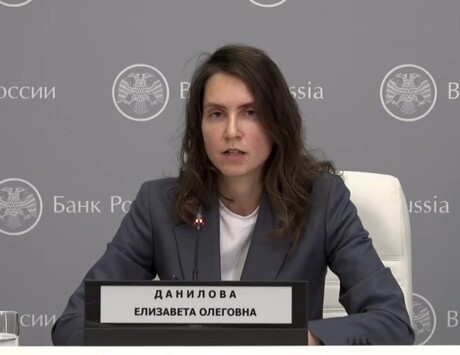The co-winner, Dmitry Muratov, is the editor-in-chief of Novaya Gazeta, which has lost more journalists to murder than any other Russian news outlet.

Just before noon on Friday, Dmitry Muratov, the fifty-nine-year-old editor-in-chief of Novaya Gazeta, a newspaper in Moscow, was having a heated conversation with Elena Milashina, one of the paper’s star reporters. Milashina had just submitted a draft of an investigative piece on Beslan that weighed in at about a hundred and fifty thousand characters (the length of roughly four or five New Yorker Profiles), and this, Muratov told me, “rendered me dumbfounded to a greater extent than anything that happened after.” What happened after was that a call came in from an unidentified number in Norway; Muratov declined it and continued having words with Milashina. Then Novaya Gazeta’s press secretary, Nadezhda Prusenkova, called. “She said that the Nobel Prize Committee is announcing the winner of the Nobel Peace Prize at that very moment,” Muratov said. “And it’s us.”
Muratov shares this year’s Nobel with the Filipina investigative journalist and executive editor Maria Ressa, “for their efforts to safeguard freedom of expression, which is a precondition for democracy and lasting peace,” according to the prize committee’s citation. But, when Muratov referred to “us,” he meant not himself and Ressa but himself and the staff at Novaya Gazeta. They have already started discussing what to do with their award of ten million Swedish krona (about 1.15 million dollars). Among other causes, the paper has been helping children with spinal muscular dystrophy, and at least some of the money would be set aside for a foundation helping patients with this and other rare diseases. “And we’ll use a small part—say, a couple hundred dollars—to throw a party,” he said. (He does not intend to take any part of the sum for himself.) The celebration wouldn’t occur immediately; most of the staff had gathered the evening before, to commemorate the fifteenth anniversary of the murder of their colleague Anna Politkovskaya.
Novaya Gazeta was founded twenty-eight years ago by a group of about forty-five journalists. (The former Soviet President Mikhail Gorbachev—the second Russian ever to receive the Nobel Peace Prize—was an early supporter, and still owns a small stake in the enterprise.) Early on, Muratov reported for the paper from the first Russian war in Chechnya; Politkovskaya was Novaya Gazeta’s correspondent during the second war; Milashina covers the region now. In 2016, the paper was the Russian partner in the Panama Papers, the giant data-journalism project that exposed the offshore bank accounts of many world leaders. The paper has been around far longer than just about any other independent Russian media, and has also lost more journalists to murder than any other outlet. When I asked Muratov what he thought he got the prize for, he told me, instead, who he thought the prize was intended for: the investigative journalist Yuri Shchekochikhin, poisoned in 2003; Politkovskaya, who was shot in 2006; the investigative journalist Igor Domnikov, beaten to death in 2000; the lawyer Stanislav Markelov, who represented the paper in the Domnikov case, shot in 2009; the junior reporter Anastasia Baburova, who was shot together with Markelov; and the journalist Natalia Estemirova, who was kidnapped and killed in Chechnya in 2009. “It’s for them—it’s just that the Nobel Prize cannot be awarded posthumously,” Muratov said. Attacks on Novaya Gazeta and its journalists have continued: Milashina has been physically assaulted, and, earlier this year, the paper’s office in central Moscow was apparently sprayed with a toxic chemical compound.
This has been a terrible and dangerous year for Russian journalists. Independent media had been struggling to survive before, but they have never faced such severe and sustained pressure from the authorities as they do now. Most of the remaining independent media have been declared “foreign agents,” an onerous designation that has a way of scaring off all advertisers. A few others have received an even more severe designation, of “undesirable organization,” which forces the media outlet to close. Since July, Russian authorities have also added several dozen individual journalists to their list of “foreign agents,” a bizarre method of legal othering that makes people unemployable, in part because they have to preface all of their public statements—written or spoken, in the media or on Tinder—with a long legal disclaimer declaring their foreign-agent status. A number of journalists, facing or fearing criminal prosecution, have rushed into exile. The Nobel Peace Prize has struck the small journalists’ community in Moscow as much-needed evidence that the world is watching them. But some have wondered if the world is looking at quite the right place: Novaya Gazeta has fared better than most of the other independent media, avoiding the crippling legal designations.
When I broached the subject with Muratov, he recited a short poem about survivor’s guilt by Alexander Tvardovsky. It begins, “I know that it’s not my fault / That others did not return from the war,” and ends with “That’s not the point, but still, but still, but still. . . .” Muratov continued, “Look, I wanted to shut the paper down on this day fifteen years ago.” That was the day after Politkovskaya was killed. “I had concluded that working at this paper was lethal. But the staff wouldn’t let me close it.”
To keep the paper going, Muratov, who has been at the helm for twenty-four of its twenty-eight years, has avoided both state and foreign funding. (“I guess the Nobel Prize changes that,” he quipped.) He has also forged relationships with powerful people who may help protect the paper: Novaya Gazeta receives much of its support from subscriptions and donations from more than a hundred thousand individuals, but its largest private investors include a former K.G.B. officer turned billionaire named Alexander Lebedev (who also owns the British newspaper the Independent) and the telecom tycoon Sergei Adonyev. Muratov holds a seat on the Public Council of the Ministry of Internal Affairs, and he has, on occasion, leveraged this role when his journalists were in danger.
Many Russian opposition activists and journalists and their supporters wanted to see the jailed opposition politician Alexey Navalny get the Nobel Prize. Several Russian academics in exile had organized a campaign with that goal (the Nobel Committee accepts nominations from academics), and the former Polish President and Nobel laureate Lech Walesa joined the effort. Some of them did not hide their disappointment at the committee’s decision. Konstantin Sonin, a professor of public policy at the University of Chicago, wrote on Facebook that he even suspected that the Nobel Committee had become corrupt—the implication is that the committee chose Muratov as a compromise candidate, to avoid offending the Kremlin when Navalny was the obvious choice.
“I believe the Nobel Prize is in his future,” Muratov said of Navalny. “He is going to receive it. And I know that, if I were a member of the Nobel Committee, I would have voted for him. He has earned it with his personal, self-sacrificing, reckless bravery. And also by not taking himself too seriously.” Those criteria fit Muratov himself quite well, too.



